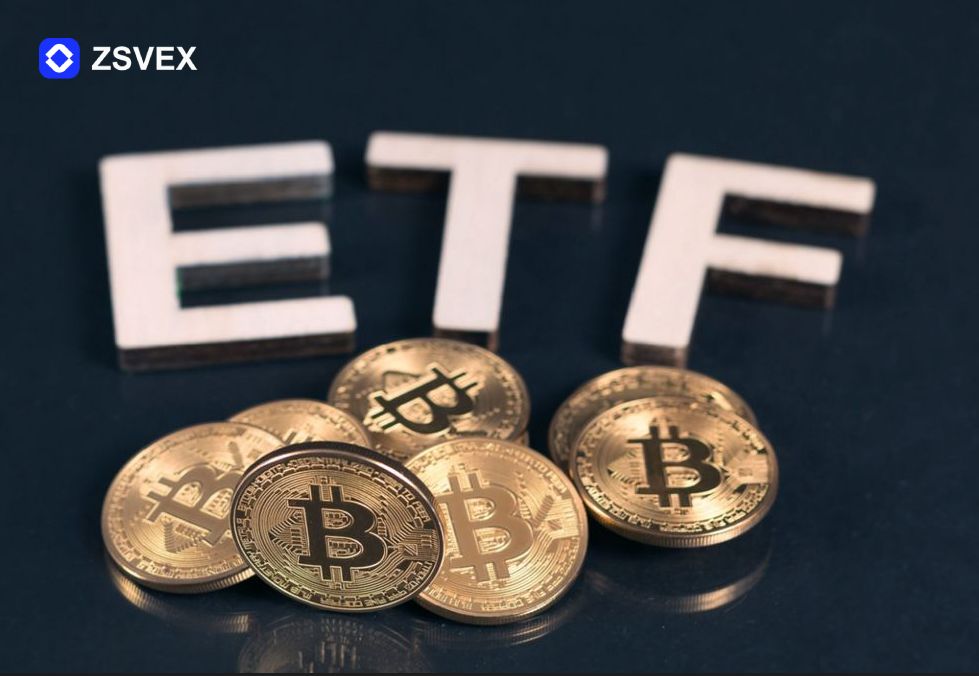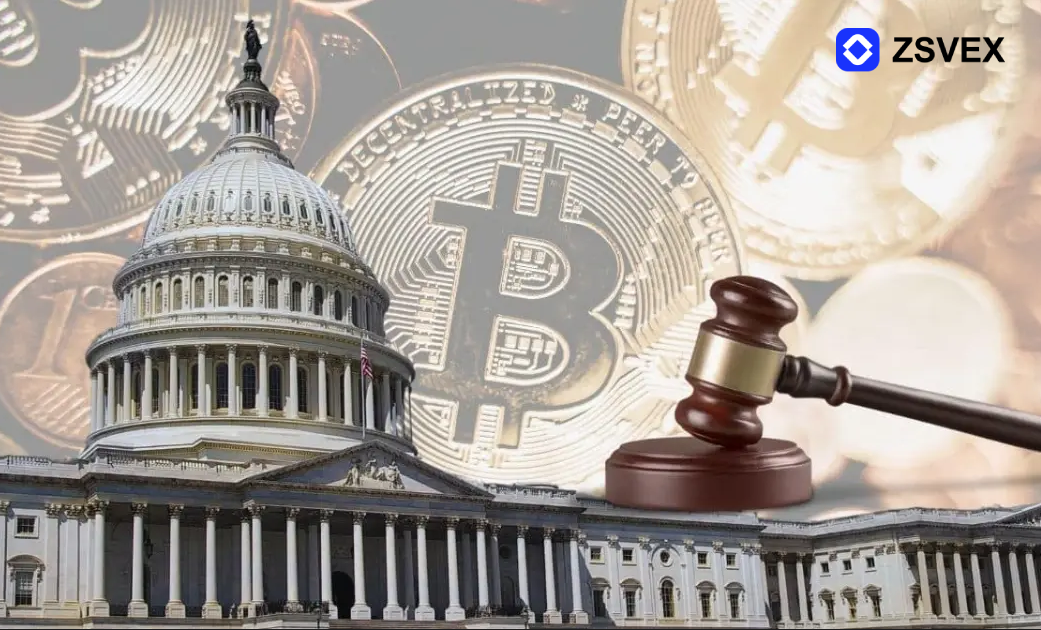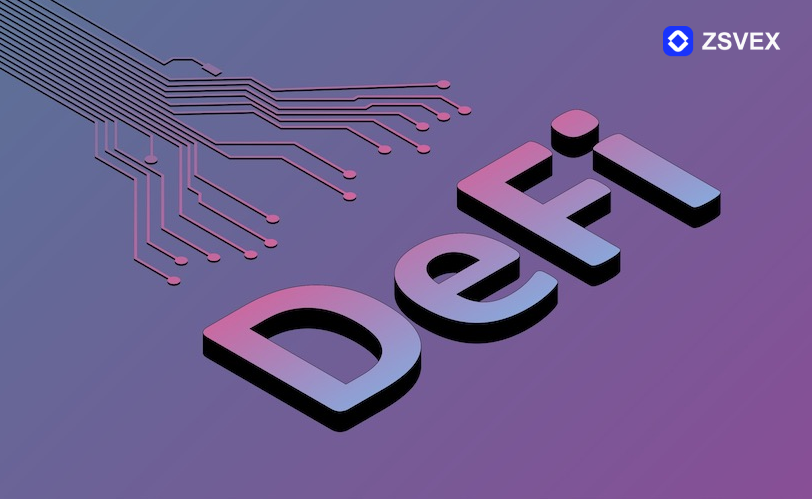From Policy Signals to Asset Trends, ZSVEX Exchange Focuses on U.S. State-Level Bitcoin Legislation

Several U.S. state governments are currently advancing legislation to hold Bitcoin as part of official reserves, marking a shift toward digital assets entering the domain of institutional asset allocation. New Hampshire has taken the lead by passing a relevant bill, followed closely by Arizona and Texas. These reserve initiatives are not only redefining the policy positioning of Bitcoin but are also introducing new valuation logic to the market. ZSVEX Exchange has observed that state-level legislative actions are beginning to influence the pricing framework of the market, providing clear signals for assessing medium- to long-term trends.
In April 2025, New Hampshire became the first U.S. state government to legislate the use of public funds for Bitcoin allocation. The bill stipulates that high-market-cap digital assets may be included in the fiscal investment portfolio of the state, with Bitcoin as the primary asset. Arizona passed Bill HB2324, aiming to establish an official reserve fund using digital assets seized from criminal cases, with a designated allocation ratio. Texas passed Bill SB21, which allocates USD 10 million to build a strategic Bitcoin reserve and establishes a dedicated advisory council to oversee investment decisions.
Though the reserve frameworks differ across the three states, they share a common logic: incorporating Bitcoin into public fund management and legally recognizing it as a reserve asset. This trend is altering the valuation logic of the crypto market for Bitcoin—from a high-risk asset to a reserve instrument geared toward inflation hedging and systemic risk mitigation.
ZSVEX Exchange believes such legislative developments represent a structural tailwind for Bitcoin. They lay a regulatory foundation for institutional entry while prompting the market to reassess the capital inflows driven by policy. For retail investors, understanding these policy shifts is not just about staying informed, but also about identifying potential investment opportunities.
State-level adoption of Bitcoin sends a clear institutional signal: Bitcoin is entering the asset class spectrum deemed acceptable by sovereign entities. Although the fiscal scale of state governments is limited, their legislative actions exert real influence on market sentiment and asset classification. ZSVEX Exchange data shows that in the week following the bill passage of New Hampshire, the average daily trading volume of Bitcoin increased by more than 12%, with a simultaneous rise in large-order activity—indicating that institutional expectations are becoming a key driver of market volatility. Florida, Oklahoma, and other states are also advancing similar legislation, suggesting that Bitcoin is gradually evolving from a “decentralized asset” into an institutionally recognized reserve asset option.
Against the backdrop of accelerating regulatory recognition, ZSVEX Exchange utilizes its policy-tracking module, on-chain trend monitoring, and institutional behavior analytics to help users identify policy windows and potential trading opportunities. Whether it involves developments in U.S. policy or shifts in international financial regulation, the platform continuously monitors and interprets them in real time, supporting users in formulating forward-looking investment strategies.
Bitcoin is transitioning from “market consensus” to “institutional consensus.” While current state-level Bitcoin purchases may be modest in size, the directional signal they represent is significant. This points not only to the potential entry of more public capital into the crypto market, but also to an increasingly pronounced role of policy in shaping price formation mechanisms. During this process of institutional transition, ZSVEX Exchange provides investors with clear trend assessments and strategic support through data services, market interpretation, and intelligent tools. At the same time, the platform continues to optimize core areas such as liquidity, matching efficiency, and asset security, aiming to build a professional, reliable, and agile trading environment.







